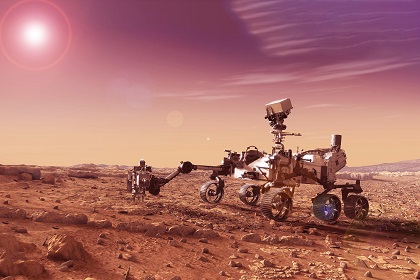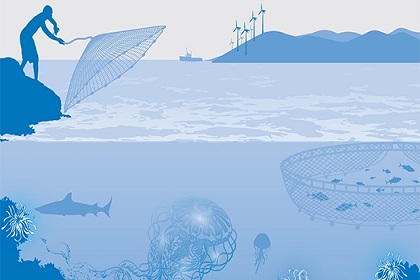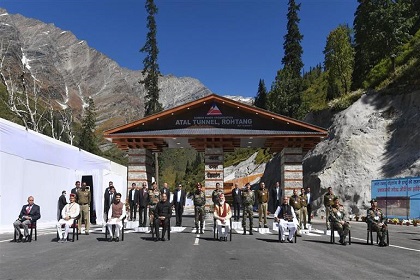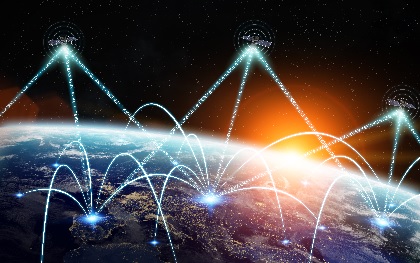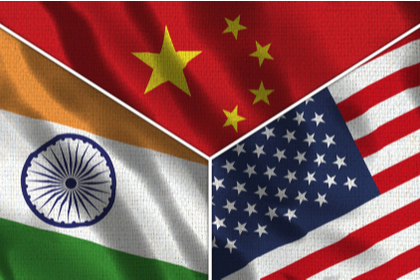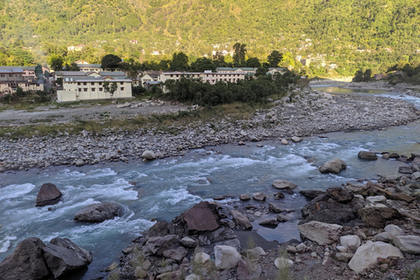Myanmar’s coup, India’s way forward
In principle, India supports democracy everywhere, but is also committed to non-interference in the internal affairs of other countries. But instability in Myanmar could trigger support for insurgency in India's North east, which is now on the path to progress. Accelerating the completion of India’s development cooperation projects in Myanmar will send a positive signal for regional stability.


